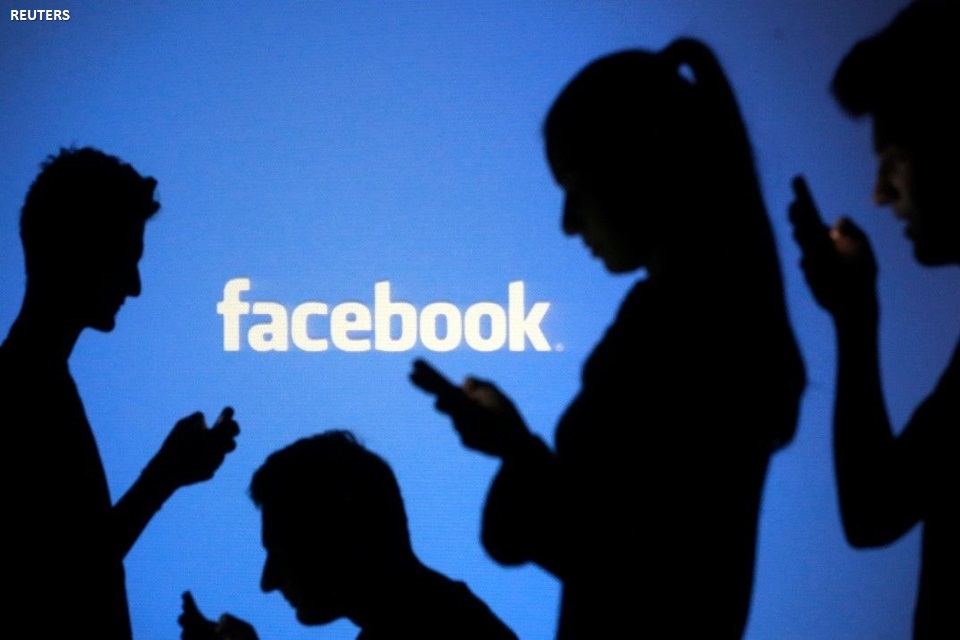Who does not use Facebook? More than one billion people log into Facebook every day. Unarguably, Facebook is still the world’s most popular social networking site contrary to claims of others.
We use Facebook in many ways; from posting our selfies, reading the headlines, or using it for business. Somehow, it appears like Facebook enhances our lives. But oddly, research shows the opposite. Studies show that Facebook is associated with lower life satisfaction.
A study published in 2014 indicated that people aren’t using social media to reach out to others. Only about 9% of activities involve communicating with others.
For most of us, our use of Facebook is replete with consuming random pieces of content. We tend to scroll mindlessly until such time we realize we have consumed so much time. And researchers found that passively consuming information isn’t fulfilling or satisfying.
Participants in the research experienced a sharp decline in their moods after scrolling through Facebook. But not with surfing the internet. They did not experience the same emotional decline. Hence, the effect on mental health is unique to Facebook.
Series of studies have revealed that by the time people log out of Facebook, they feel like they’ve waster their time. And they regret doing so, and this feeling of remorse cause them to feel sad as well. Sounds familiar?
Here is another familiar occurrence, and I have said this before. Facebook use, particularly envying your online friends, is associated with depression.
While scrolling and seeing happy status updates, achievements, exciting vacation photos, beautiful family moments, participants tend to compare their lives with these Facebook friends. And these social comparisons led them to assume that their Facebook friends have better lives than theirs, and these feelings of envy increased their chances of developing depression.
But even with the associated sadness, why do we still keep on using Facebook? Researchers coined the term “affective forecasting”. This means that people tend to predict that Facebook use is going to make them feel better.
For most of us, Facebooking gives us a temporary break or a distraction from what we do, or check in with friends, hoping that it will relieve us from stress.
But ultimately, what happens is that we stray from our original intention and get our intended mood boost. And the sad thing is that, most of us could not recognize the emotional toll, and we keep doing for more.
And so, what do we do? Awareness can help! Knowing that it is taking a toll on our emotional health can help us keep an eye on our media use. Let us limit our mindless scrolling, and keep Facebook at bay. Let us all be mindful of our internet activities and keep our goal on being productive.
Secondly, let us stop comparing. We know that most of us only pose the highlight of our lives on Facebook and not much on the trials and problems. The good thing to dois compare us with ourselves and enjoy the growth we experience every day.

